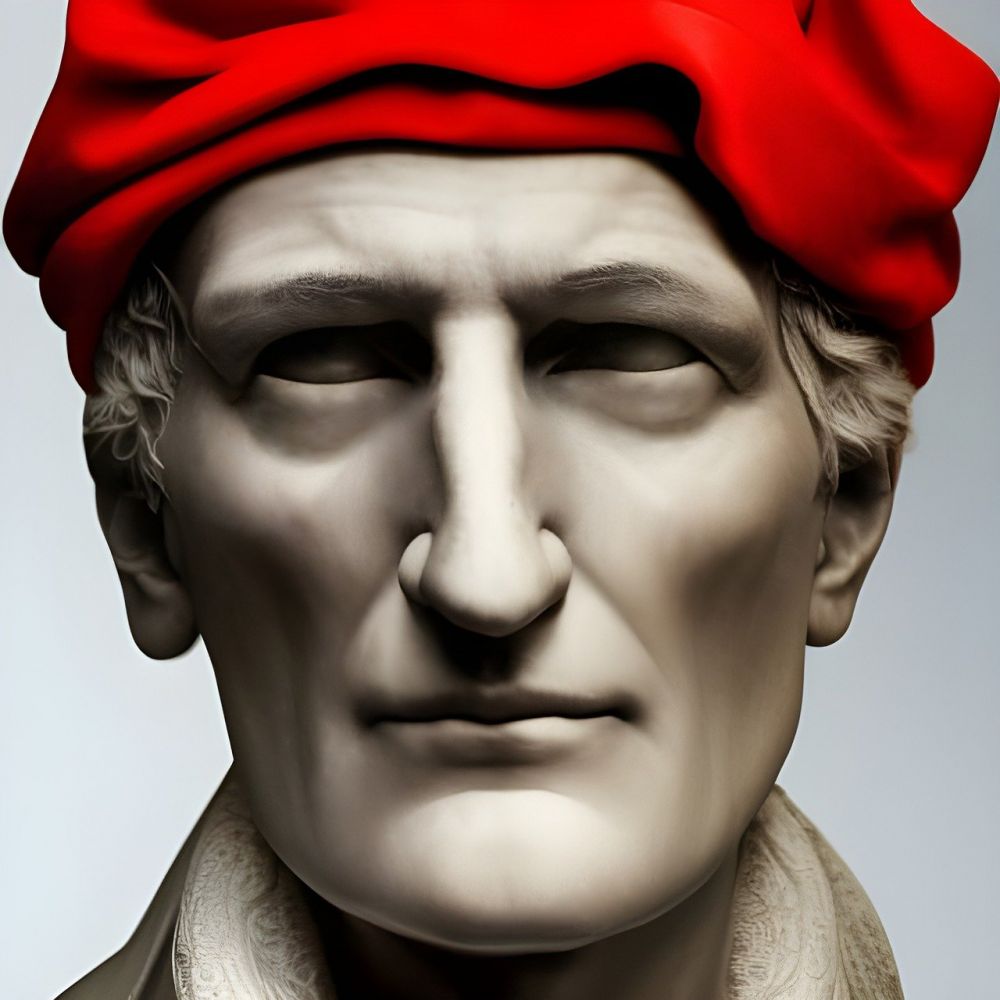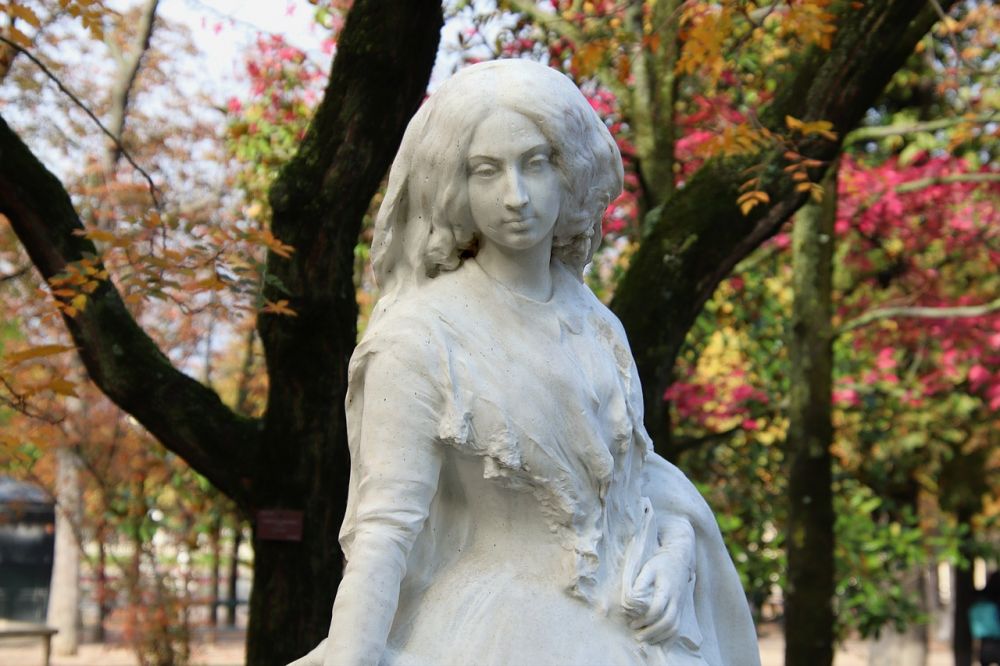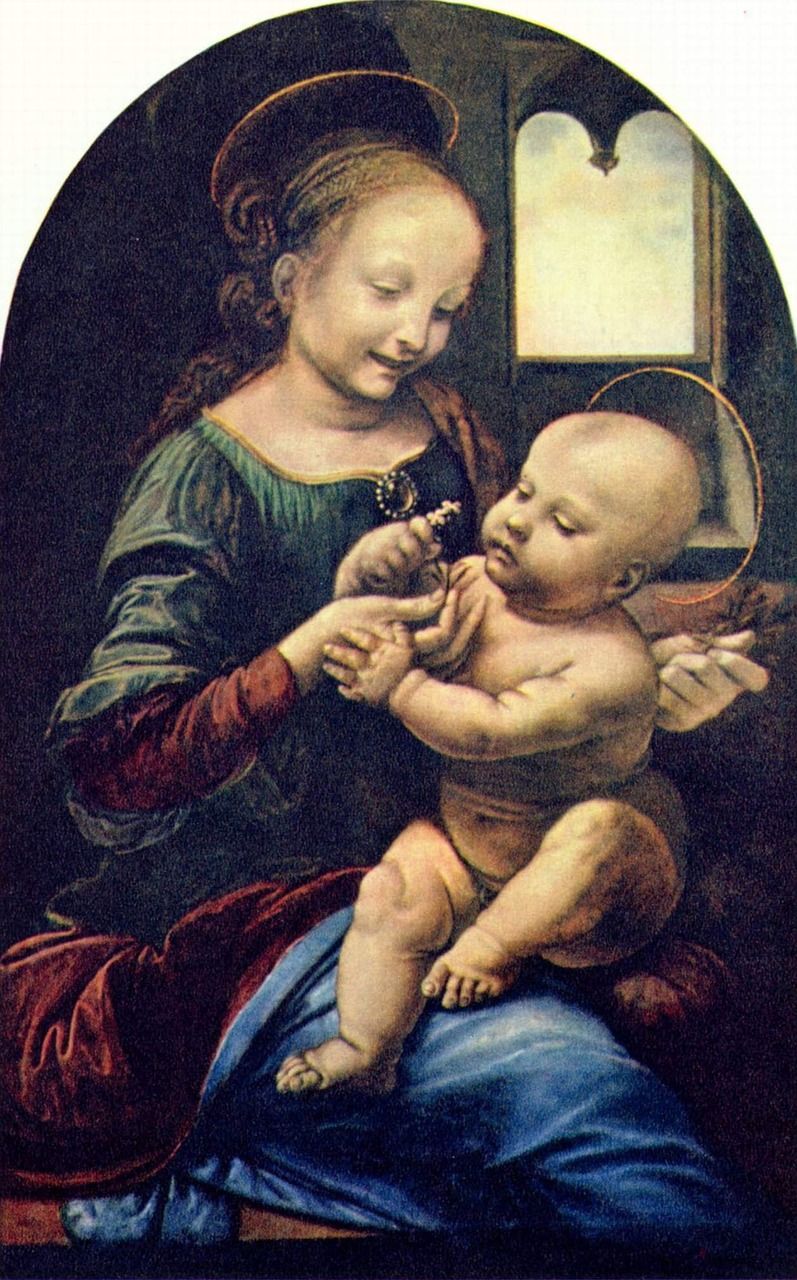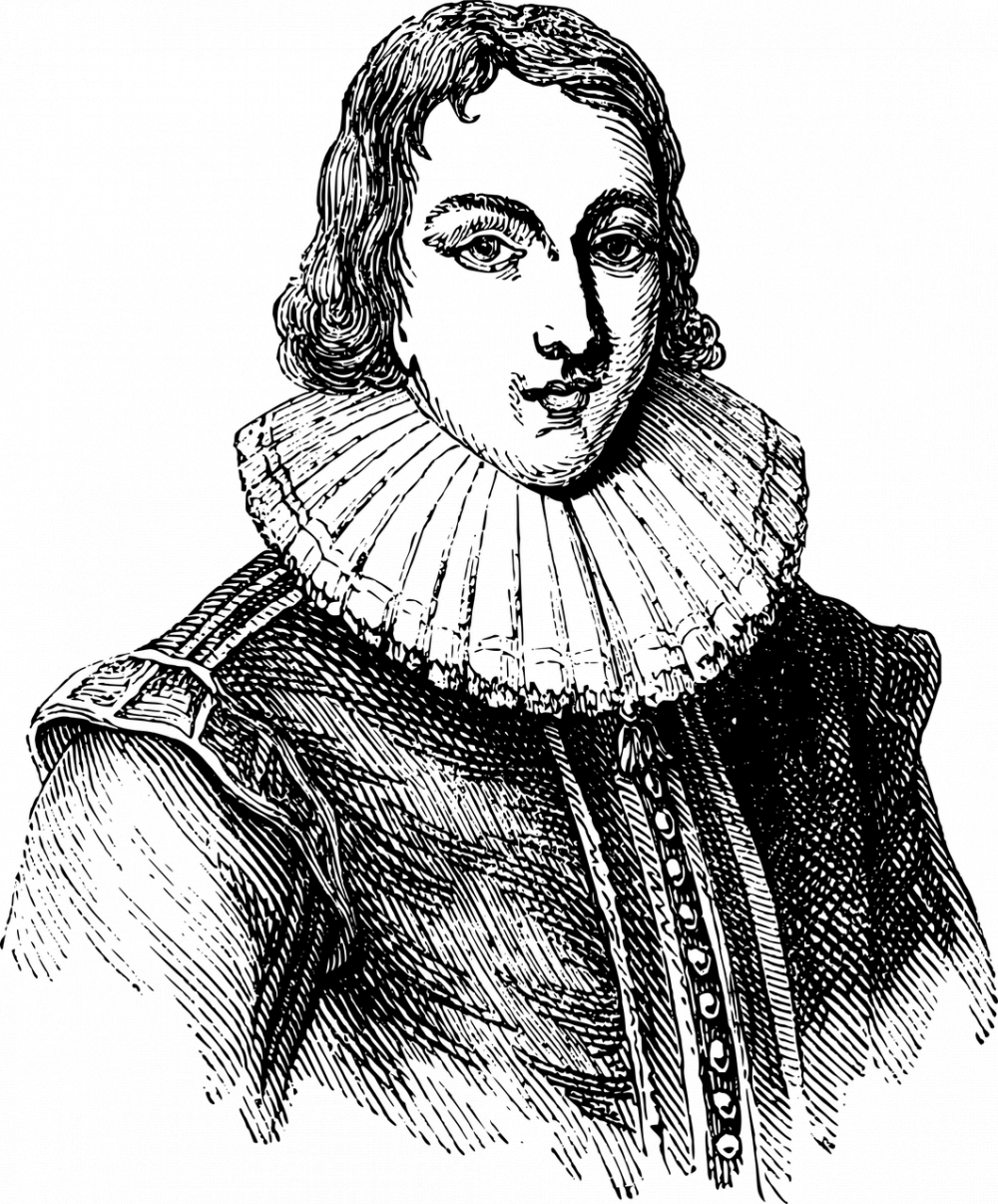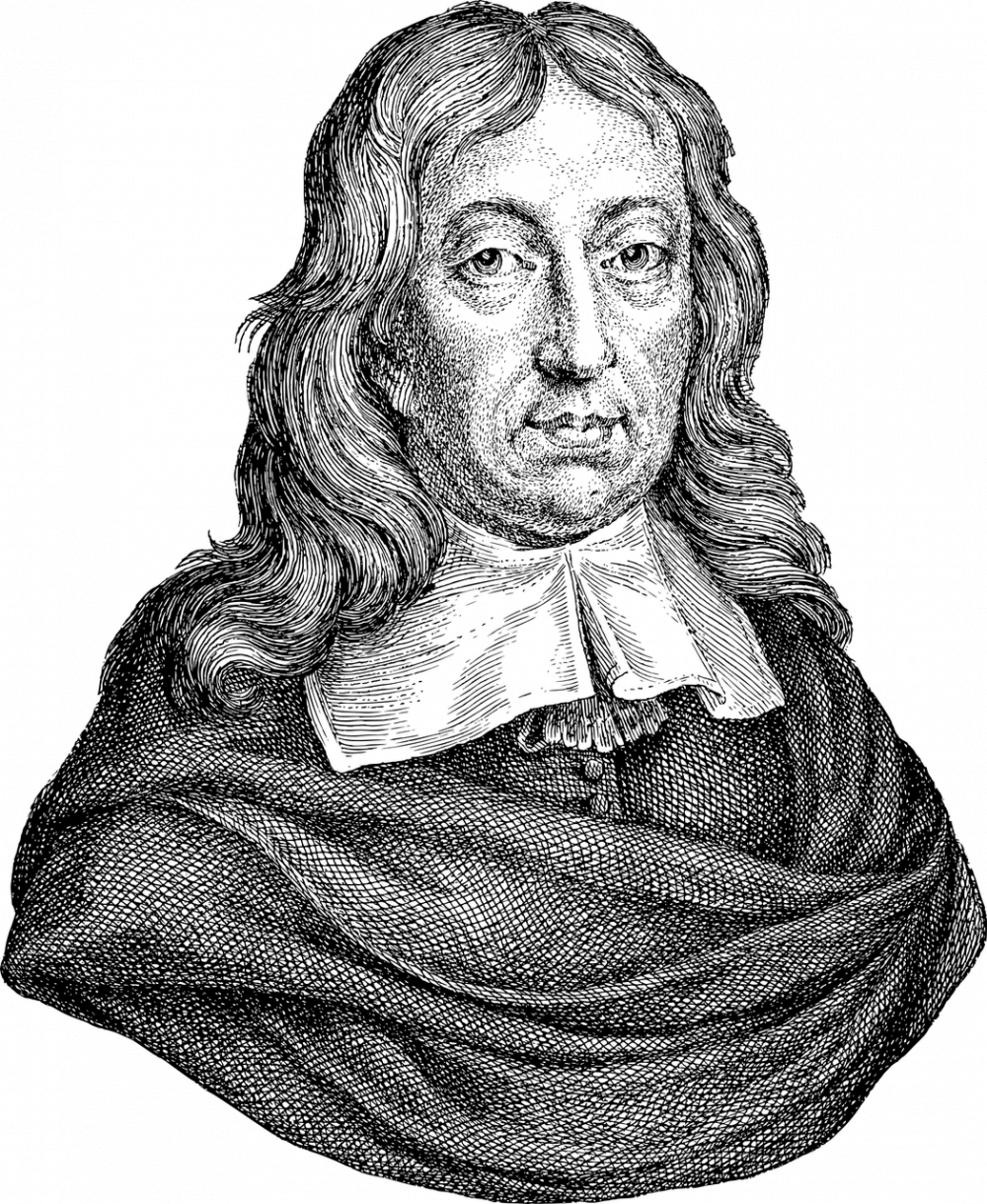George Orwells 1984: A Masterpiece of Dystopian Literature
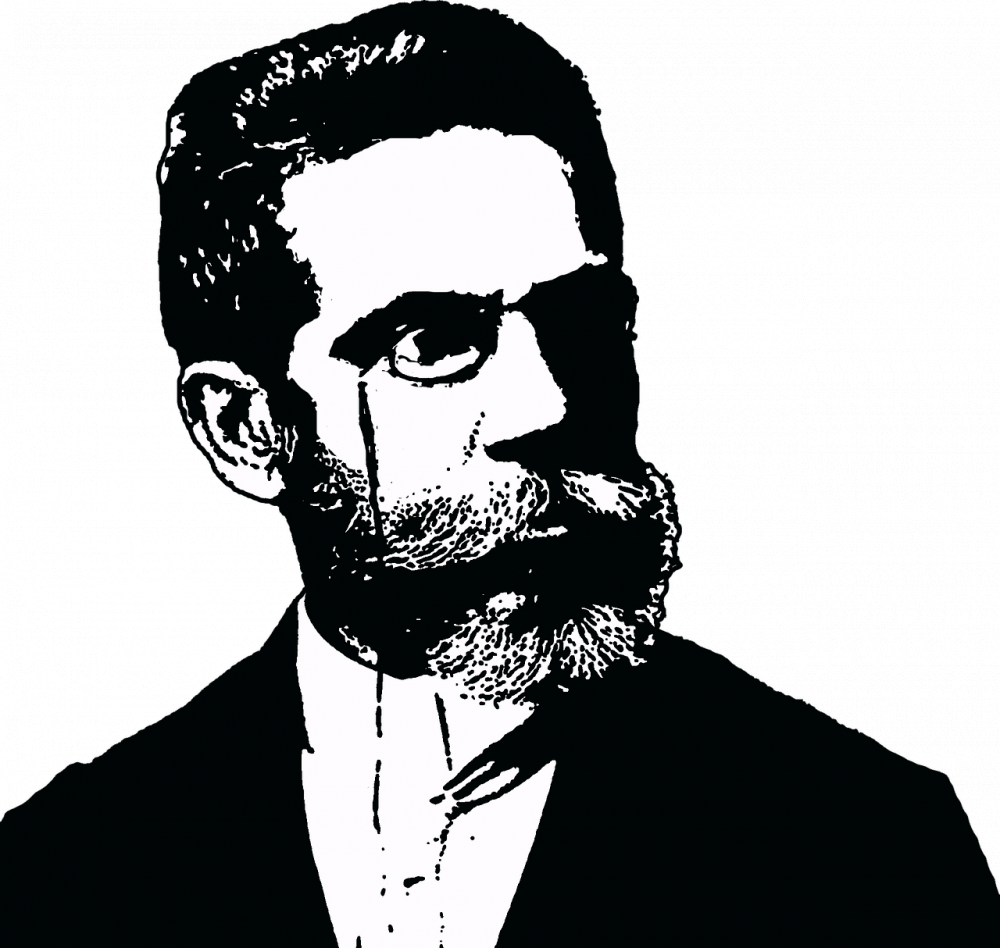
Introduction:
“George Orwell 1984” is a timeless and thought-provoking novel that has captivated readers since its publication in 1949. Set in a totalitarian society under the control of Big Brother, the book explores themes of government surveillance, manipulation, and the suppression of individuality. In this article, we will delve deep into the world of “1984” and examine its historical significance, its relevance in today’s society, and the impact it has had on literature and popular culture.
The Essence of “1984”:

At its core, “1984” is a cautionary tale about the dangers of unchecked government power and the eroding of basic human rights. The protagonist, Winston Smith, rebels against the Party’s oppressive regime, seeking freedom of thought and expression. Orwell skillfully depicts a world where the truth is distorted, history is rewritten, and citizens are constantly monitored through devices called telescreens. The novel highlights the notion that in such a society, even one’s innermost thoughts can become a crime.
Historical Development of “1984”:
To understand the impact of “1984,” we must explore its historical context. Orwell drew inspiration from the rise of totalitarian regimes in the mid-20th century, such as Stalin’s Soviet Union and Hitler’s Nazi Germany. He witnessed the manipulation of truth and the suppression of dissent, which shaped his critique of authoritarianism. Published just a few years after the end of World War II, “1984” served as a chilling reminder of the consequences of unchecked power.
Over the years, “1984” has garnered widespread acclaim and has become a cultural touchstone. It has been translated into numerous languages, adapted into films and plays, and referenced in popular media. The novel’s themes of surveillance, propaganda, and social control continue to resonate in modern society, making it as relevant today as it was when it was first published.
Key Themes and Symbolism:
1. Surveillance and Mind Control:
– The omnipresent telescreens and the thought police symbolize how constant surveillance can lead to the loss of individuality and freedom.
– Big Brother represents the ultimate embodiment of a surveillance state, where citizens are constantly monitored and punished for any defiance.
2. Manipulation of Trut
– The Party’s slogan, “War is Peace, Freedom is Slavery, Ignorance is Strength,” epitomizes their ability to manipulate reality and control public perception.
– The rewriting of history and manipulation of facts are depicted through the character of Winston, whose job involves altering past records to fit the Party’s narrative.
3. Loss of Privacy and Individuality:
– The Party seeks to eliminate personal relationships and eradicate independent thought.
– The character of Julia represents a rebellion against the Party, emphasizing the importance of human connections and the preservation of individuality.
4. Power and Resistance:
– Winston’s rebellion against the Party’s control serves as a reminder that even in the most oppressive environments, resistance is possible.
– The concept of “doublethink” highlights the Party’s strategy of making individuals simultaneously accept contradictory beliefs, ultimately sowing confusion and inhibiting rebellion.
Conclusion:
“George Orwell 1984” stands as a literary masterpiece that continues to captivate and provoke. Its depiction of a dystopian society serves as a stark warning about the dangers of unchecked power and the suppression of individuality. Orwell’s insights into government surveillance, manipulation, and the erosion of truth remain relevant in our modern world. As we navigate the complexities of technology and social control, “1984” serves as a reminder of the importance of safeguarding our freedoms and resisting oppression.
Through its enduring themes and powerful storytelling, “1984” has left an indelible mark on literature and popular culture. Its impact can be witnessed in works ranging from films like “The Matrix” to television shows such as “Black Mirror.” As we delve into the pages of “1984,” we are confronted with the sobering truth that Orwell’s dystopia may not be as far-fetched as we once believed. The novel’s legacy serves as a stark reminder to remain vigilant and actively protect our freedoms in an increasingly interconnected and monitored world.
References:
– Orwell, George. 1984. Secker and Warburg, 1949.
– “1984: The Masterpiece That Killed George Orwell.” The Guardian, 9 June 2019, www.theguardian.com/books/2019/jun/09/1984-george-orwell.
